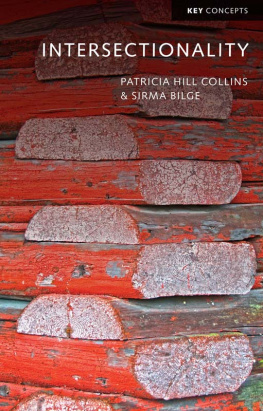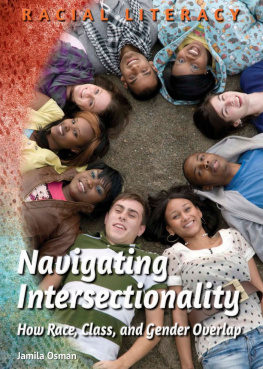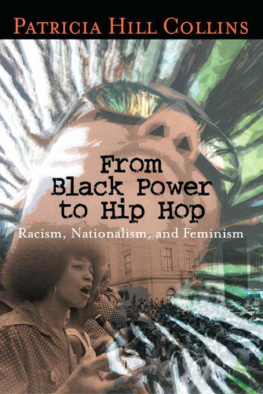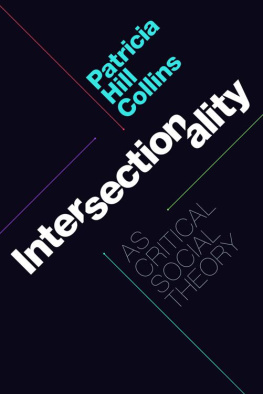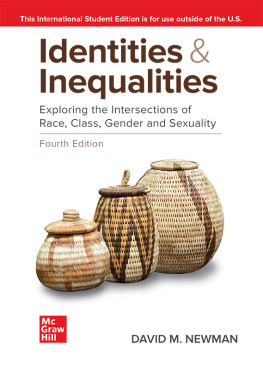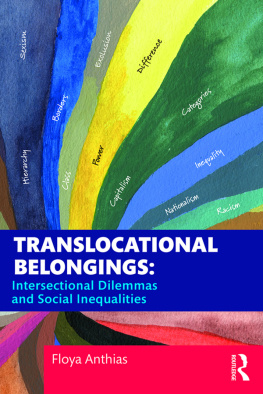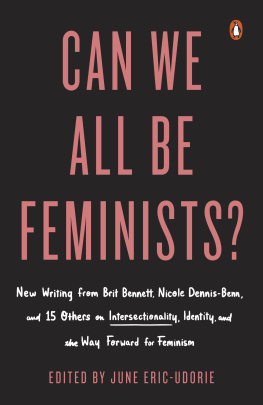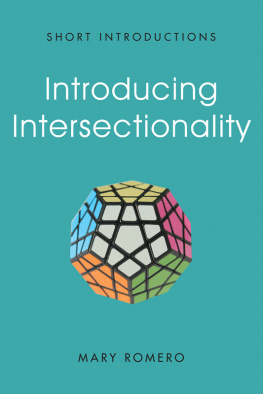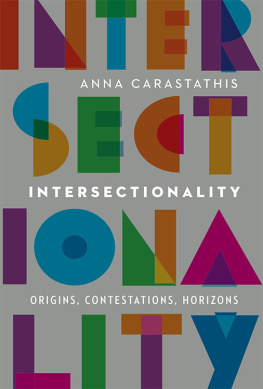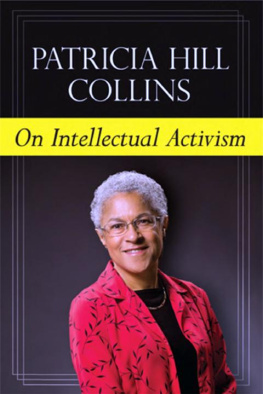
Key Concepts
- Barbara Adam, Time
- Alan Aldridge, Consumption
- Alan Aldridge, The Market
- Jakob Arnoldi, Risk
- Will Atkinson, Class
- Colin Barnes and Geof Mercer, Disability
- Darin Barney, The Network Society
- Mildred Blaxter, Health 2nd edition
- Harriet Bradley, Gender 2nd edition
- Harry Brighouse, Justice
- Mnica Brito Vieira and David Runciman, Representation
- Steve Bruce, Fundamentalism 2nd edition
- Joan Busfield, Mental Illness
- Margaret Canovan, The People
- Andrew Jason Cohen, Toleration
- Alejandro Cols, Empire
- Mary Daly, Welfare
- Anthony Elliott, Concepts of the Self 3rd edition
- Steve Fenton, Ethnicity 2nd edition
- Katrin Flikschuh, Freedom
- Michael Freeman, Human Rights 2nd edition
- Russell Hardin, Trust
- Geoffrey Ingham, Capitalism
- Fred Inglis, Culture
- Robert H. Jackson, Sovereignty
- Jennifer Jackson Preece, Minority Rights
- Gill Jones, Youth
- Paul Kelly, Liberalism
- Anne Mette Kjr, Governance
- Ruth Lister, Poverty
- Jon Mandle, Global Justice
- Cillian McBride, Recognition
- Anthony Payne and Nicola Phillips, Development
- Judith Phillips, Care
- Chris Phillipson, Ageing
- Michael Saward, Democracy
- John Scott, Power
- Timothy J. Sinclair, Global Governance
- Anthony D. Smith, Nationalism 2nd edition
- Deborah Stevenson, The City
- Leslie Paul Thiele, Sustainability
- Steven Peter Vallas, Work
- Stuart White, Equality
- Michael Wyness, Childhood

Copyright page
Copyright Patricia Hill Collins and Sirma Bilge 2016
The right of Patricia Hill Collins and Sirma Bilge to be identified as Authors of this Work has been asserted in accordance with the UK Copyright, Designs and Patents Act 1988.
First published in 2016 by Polity Press
Polity Press
65 Bridge Street
Cambridge CB2 1UR, UK
Polity Press
350 Main Street
Malden, MA 02148, USA
All rights reserved. Except for the quotation of short passages for the purpose of criticism and review, no part of this publication may be reproduced, stored in a retrieval system, or transmitted, in any form or by any means, electronic, mechanical, photocopying, recording or otherwise, without the prior permission of the publisher.
ISBN-13: 978-0-7456-8448-2
ISBN-13: 978-0-7456-8449-9(pb)
A catalogue record for this book is available from the British Library.
Library of Congress Cataloging-in-Publication Data
Names: Collins, Patricia Hill, author. | Bilge, Sirma, author.
Title: Intersectionality / Patricia Hill Collins, Sirma Bilge.
Description: Cambridge, UK ; Malden, MA : Polity Press, 2016. | Series: Key concepts series | Includes bibliographical references and index.
Identifiers: LCCN 2015037051| ISBN 9780745684482 (hardback : alk. paper) | ISBN 9780745684499 (pbk. : alk. paper)
Subjects: LCSH: Critical theory. | Sociology. | Interdisciplinary research.
Classification: LCC HM480.H55 2016 | DDC 301dc23 LC record available at http://lccn.loc.gov/2015037051
Typeset in 10.5 on 12 pt Sabon
by Toppan Best-set Premedia Limited
Printed and bound in the UK by CPI Group (UK) Ltd, Croydon, CRO 4YY
The publisher has used its best endeavours to ensure that the URLs for external websites referred to in this book are correct and active at the time of going to press. However, the publisher has no responsibility for the websites and can make no guarantee that a site will remain live or that the content is or will remain appropriate.
Every effort has been made to trace all copyright holders, but if any have been inadvertently overlooked the publisher will be pleased to include any necessary credits in any subsequent reprint or edition.
For further information on Polity, visit our website:
politybooks.com
Preface
Because this book was born in conversation and has been written collaboratively, we thought we would share a bit about our process. We first met in 2006 in Durban, South Africa, at the 16th World Congress of Sociology, the first meeting of this international group of delegates from more than 150 countries to be held in continental Africa. Patricia was a keynote speaker early on in the week-long event, and Sirma, a new assistant professor, was a presenter in the intersectionality session organized by Nira Yuval-Davis. By a happy coincidence, we took the same bus on a field trip to the Kwa Muhle Apartheid Museum and to townships that were the legacy of apartheid. We had our first albeit all too brief conversation during that tour. Six years later, we met again at the 6th International Congress of French-Speaking Feminist Research (Congrs international des recherches fministes francophones) in Lausanne, Switzerland. Organized since the mid-1990s in different cities across the French-speaking world, from Paris to Dakar to Rabat to Ottawa, the Lausanne conference, with its theme Interlocking power relations and the discriminations and privileges based on gender, race, class and sexuality, garnered some 610 delegates, feminist scholars, and activists from Europe (Switzerland, France, and Belgium), Africa (Morocco, Tunisia, Algeria, Burkina Faso, Senegal, Cameroon, Gabon), the Americas (Canada/Qubec and Brazil), and the Middle East (Turkey). This time, we were both on keynote panels. Afterwards, we struck up a conversation that we continued during a visit to the Muse de l'Art Brut, a small but striking museum that contained art by groups that had been considered outsiders, such as the art of psychiatric inmates. During this visit, we discovered that we shared similar perspectives not just on the conference and our sensibilities concerning intersectionality. We learned that Sirma is a painter, that Patricia is a dancer, and that the arts infuse our intersectional sensibilities. While we didn't know it then, our collaboration for this book had already begun.
Neither one of us could have written this book alone. We felt the need for a book that would introduce the complexities beyond the audiences that were comfortable to each of us. We started our conversation from our different locations within intersectionality and worked our way towards carving out points of connection. Sirma writes about intersectionality in French and English within a francophone academic context of the linguistically restless city of Montreal, on unceded Mohawk territory, where French and English compete. Acutely aware of the problems of translation across her three languages of Turkish, French, and English, Sirma brings a commitment to situating intersectionality within global frameworks and the geopolitics of knowledge. Always mindful of her roots in a working-class, African-American neighborhood in Philadelphia, Patricia writes to academic audiences and general readers in US and UK contexts. Her work is widely recognized, yet the demands of helping to institutionalize intersectionality in the academy has limited her involvement in activist settings. During two years of dialog and conversation, we hammered out the arguments that we felt would be most useful to our readers.
Next page
